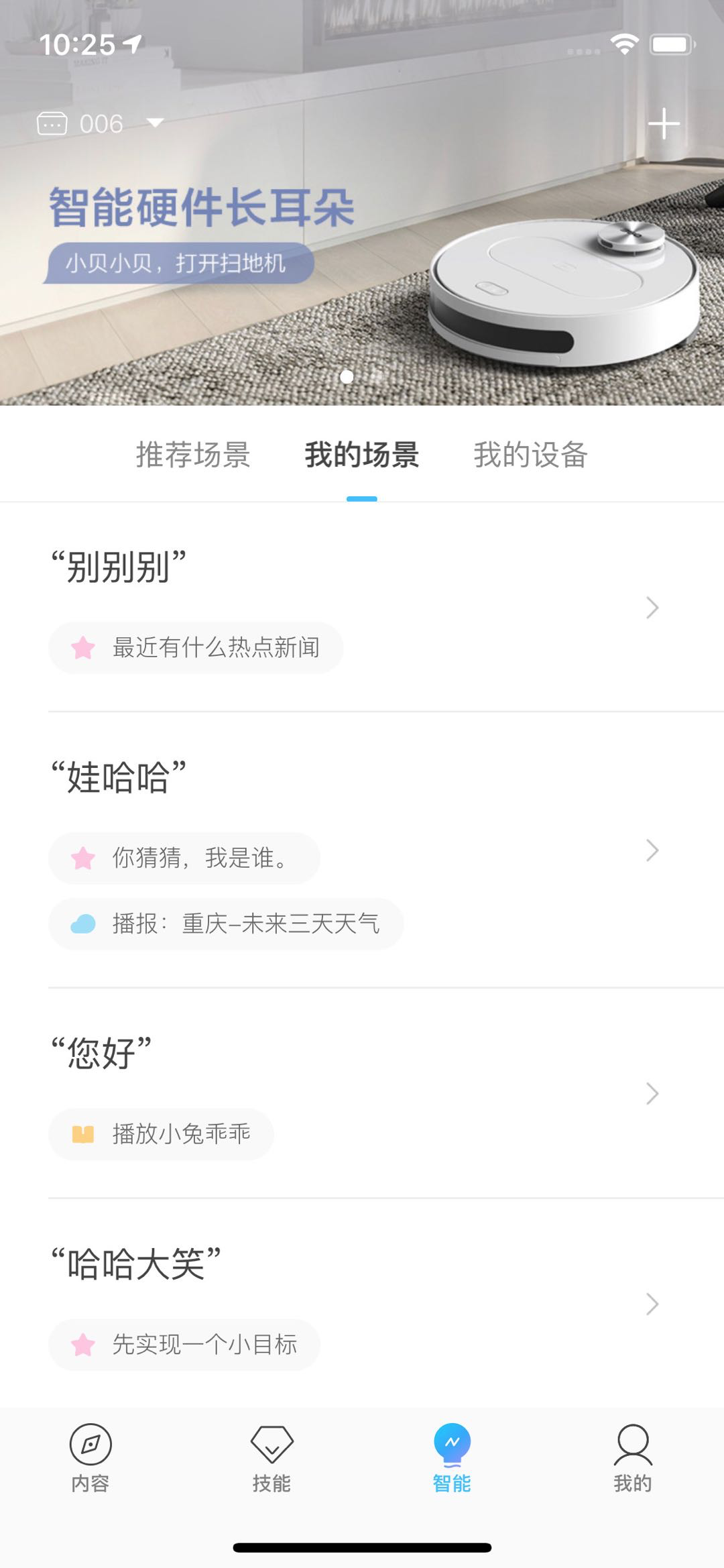- From: 李松峰 via GitHub <sysbot+gh@w3.org>
- Date: Fri, 08 Mar 2019 02:42:15 +0000
- To: public-css-archive@w3.org
> Can you describe why you want to do this? A line that is one device pixel thick can be _very_ thin, and screens vary in how thin that is; a number of high-end phones are now ~3x resolution. One device pixel (in any device) is just the most precise unit that current CSS spec lack of. If We had have this unit, whether use it to show `2dpx` or `3pdx` to the user is totally up to the designers. For an example, please see this app UI shot on a high density screen, where the first horizontal line comes from Native app, and others defined by CSS through one of the hacks I mentioned above:  We can see, although using hack, the 1px CSS borders still wider than the Native one. But this has already what we can do best until now. > That quote is referring to using mozmm to size buttons and other tap targets in physical units, so you can size something as, say, 40mozmm and have a reasonable guarantee it's actually 40mm wide, which is an appropriate touch-target size. It's not about making hairline borders. Yes, I know the context for introducing `nozmm` is to display same size block to fit human's fingers. -- GitHub Notification of comment by cncuckoo Please view or discuss this issue at https://github.com/w3c/csswg-drafts/issues/3715#issuecomment-470783213 using your GitHub account
Received on Friday, 8 March 2019 02:42:17 UTC